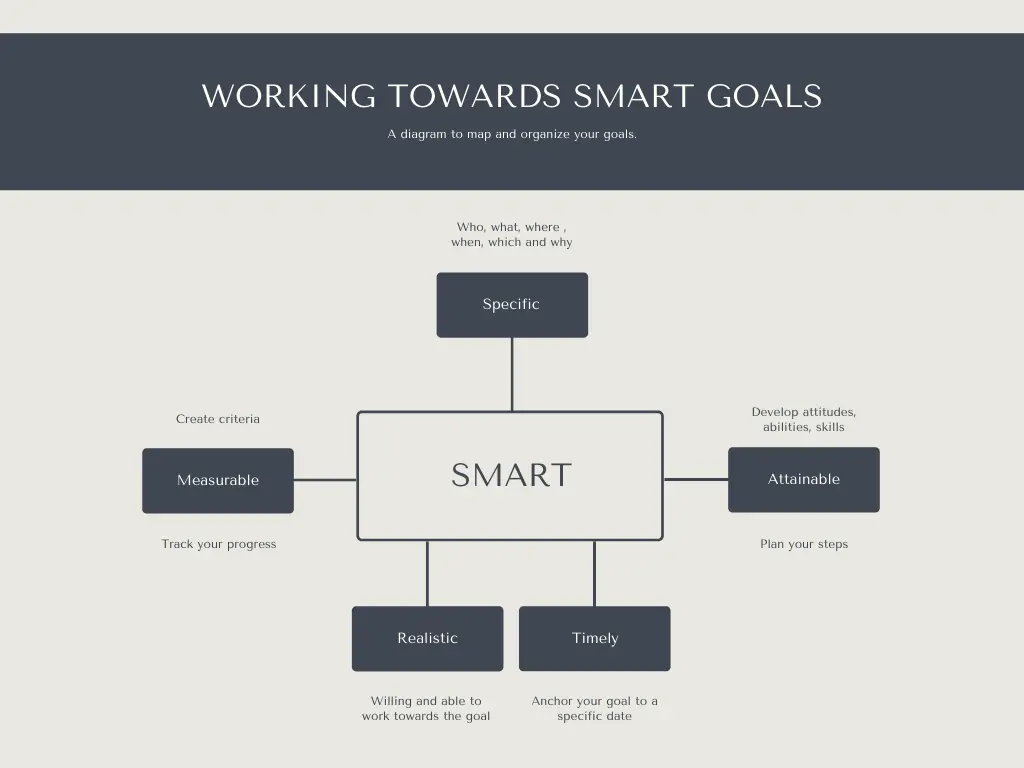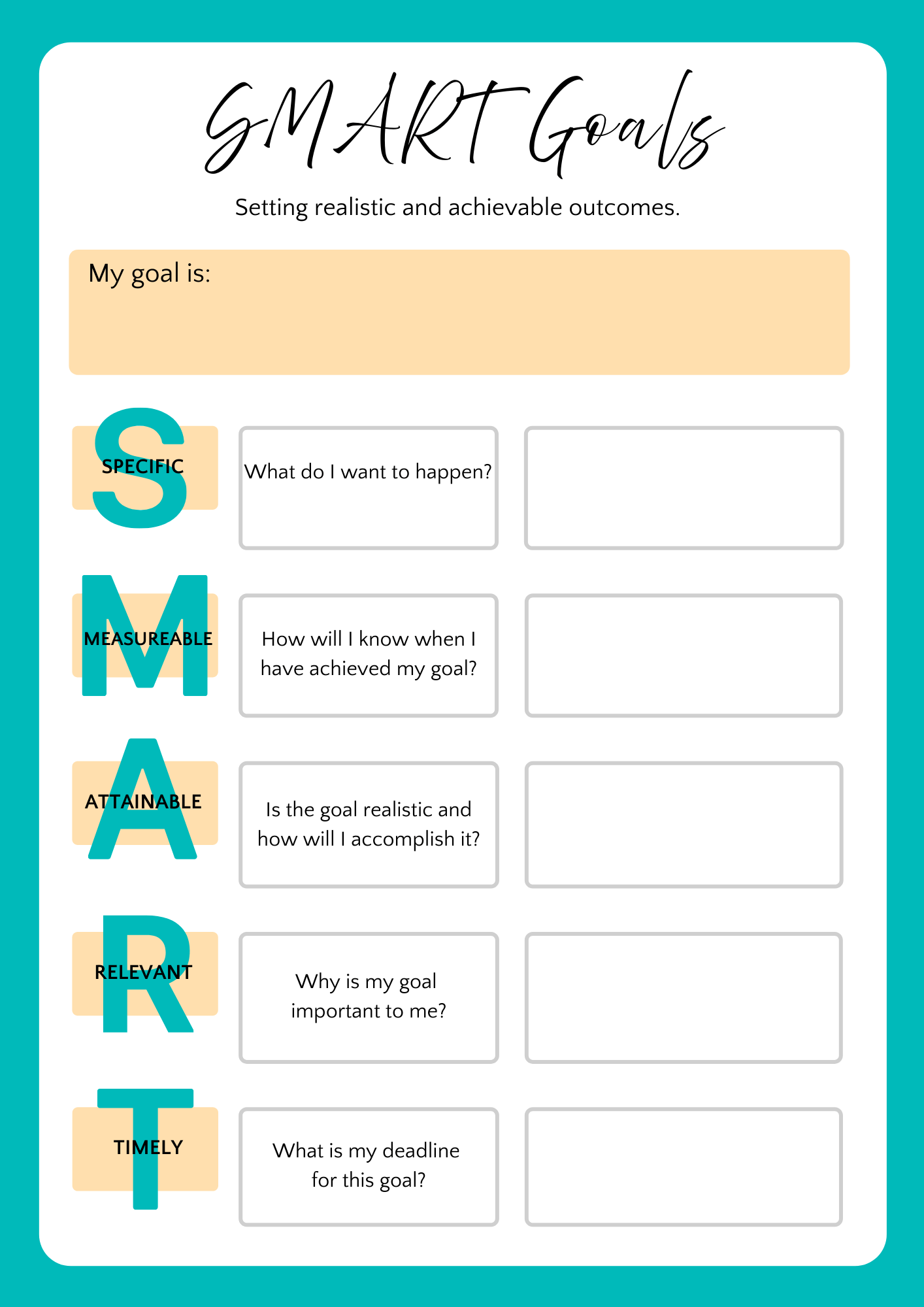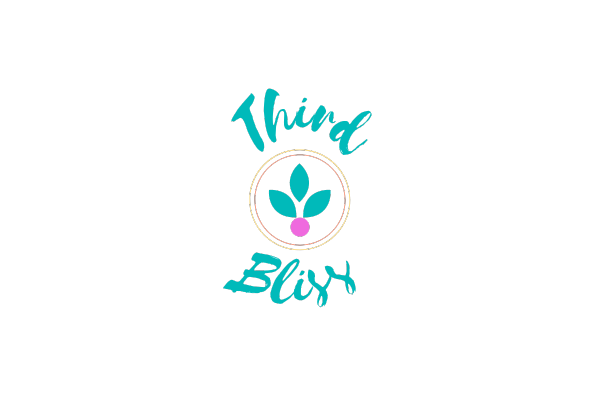AN DEFINITIVE GUIDE TO SETTING INTENTIONS.
Setting an intention in life prepares you for success because the act of expressing what you desire or wish, sets the trajectory for transformation. Intentions are like an internal guide for how you want to live your life.
Discover why setting intentions is important in life, how intentions help you accomplish your goals, how to set your own intentions in 7 ways, and more.

WHAT DOES SETTING INTENTIONS MEAN?
I believe in the power of intention to change the landscape of our society - and it is my intention to live an authentic life of compassion and integrity and action. - Zachary Quinto
Intentions usually start with a desire. Desires come from within and can be expressed outward via a goal or an objective. For example, if I am unhappy with my appearance, my intention would be my desire to make it better.
If you want to take it a step further, you can create specific goals from your intentions and add a date you want to complete it by. For instance, if my intention is to make my physical appearance better, then my goal would be to lose 10 pounds in 30 days.
Intentions are a prelude to change once you commit yourself to your goal and put your plan into action.
WHY IS SETTING INTENTIONS IMPORTANT?
Intention is a conscious choice from within and the mindful exercising of that choice. - Adrienne Enns
Intentions are important because they set the stage for change. They are not a wish granting genie, however. Instead, they make you aware of the potential for your desires and wishes to materialize. Here are other ways intentions can benefit your life.
The benefits of setting intentions.
- Gets you out of your head and into the present moment.
- Increases the likelihood to commit to something.
- Connects you to yourself by acknowledging who you truly are.
- Gives you a greater sense of empowerment.
- Allows you to simplify and organize your life.
- Makes you more efficient with your energy and time.
- Keeps you focused on what's important in your life.
Setting an intention in your life is like being in the driver's seat with a preplanned destination. However, without a commitment or willingness to take action, your intentions will just stay in neutral inside of your head.
HOW DO I FIND MY INTENTIONS?
Now that you know what an intention is and why it's important, let's take a look at how to find them in the first place so you can commit to action.
Knowing what your intentions are starts with knowing who you are. Knowing who you are enables you to connect to yourself on a deeper level. It's a process that searches through your soul to find out what it is that will make you truly thrive in all areas of your life.
Knowing yourself is important because getting a sense of who you are will create greater trust in yourself.
It will guide and help you up when you feel down, lost, or challenged.
While the process of knowing yourself might seem daunting, you can start by asking yourself some questions and keep a record of your answers. Here are examples of questions to get to know yourself better:
- What is my favorite book or author?
- Who do I want to be?
- What do I do better than others?
- Where can I improve in my life?
- What have I learned that I can do very well?
- Name 3 things I am afraid of.
Keep an open mind and change your answers later if you need to. If you think of other questions or ways to know yourself better, great.
Knowing yourself will help you set personal intentions that honor who you are, so you can live a life that is both meaningful and purposeful.
WHAT ARE GOOD WAYS TO SET INTENTIONS?
Now that you know yourself better, you can use this information to start setting intentions in your life.
Setting an intention can help you transform your life in ways that are beneficial.
Keeping a positive mindset can help you set intentions that will move you in the right direction. It can be helpful during times when your focus and drive have evaporated because the adrenaline has worn off.
For example, that project you initially felt excited about two weeks ago is now feeling more like a drag. You know that finishing it would benefit you, but you can't motivate yourself to save your life.
This example might seem extreme, but how many times have you had the "shiny new toy" syndrome when starting something new, only to have it disappear after a couple of weeks? This is why it's important to set powerful intentions as well as positive ones because it will give you an internal push when the novelty is no longer there.
It is also helpful to be aware that intentions are not static. Like life, intentions can change and evolve. While they can be a reason for starting something, they can also be changed if the situation warrants it.
DIFFERENT TYPES OF INTENTIONS.
Life is evolving all the time. Sometimes you won't even notice the changes that happen on a day to day, or even a moment to moment, basis.
Your intentions can change with the ebbs and flows of life.
They can be vary by month, by week, and even by day.
Here are some examples of monthly intentions:
- Lose 10 pounds.
- Eat more vegetables.
- Save more money.
Here are some weekly intentions:
- Buy healthy and budget friendly groceries.
- Clean out the refrigerator.
- Spend quality time with the family.
Here are some samples of daily intentions:
- Meditate each morning.
- Exercise every day.
- Drink more water.
If you want to live an intentional life, just remember that intentions can be cyclical and ever changing.
HOW TO SET INTENTIONS.
All great acts are ruled by intention. What you mean is what you get. - Brenna Yovanoff
When setting your daily, weekly, and monthly intentions, remember not to stay too attached to the outcomes, because life can be unpredictable.
Intentions can be an effective agent for change if you're not putting too much pressure on yourself.
Once you are aware of this, it is up to you to shift or change your intentions when they are no longer serving you. Here are 10 tips to help you set and follow through with your intentions to create lasting change in your life.
7. WAYS TO SET INTENTIONS.
1. Practice gratitude.
One intention setting tip is to practice gratitude. Gratitude is being thankful for something or someone. You can express it out loud, to yourself, to another person, or by writing it down.
Gratitude can help set your intentions by creating more abundance in your life. It takes your focus away from the things you lack and places them on the things that you may have overlooked. It shifts your consciousness from a scarcity, to an abundance mindset.
One way to practice gratitude every day is to start a gratitude journal. It doesn't have to be a physical journal or anything fancy. It can be an app or be written somewhere on your smart device.
I started my own gratitude journal for 30 days and it changed my scarcity mindset for the better. What took me by surprise was that I took great joy in writing about the small things in my life.
Things like having a cup of coffee in the morning, hearing the birds sing outside of my window, and even washing the dishes. It made me realize that I took for granted many things that were already present in my life.
You don't have to write everything down that you're grateful for. You can write just one thing that you're truly grateful for. You don't even have to write every single day the way I did, as long as you do it on a regular basis.
2. Reflect on your intentions.
Reflecting on your life will help you set intentions in a meaningful way. There are several ways to reflect on your life so you can start living more intentionally. Here are a couple of my favorite ways to reflect on life.
Meditate
Meditation helps to keep your thoughts flowing instead of having them swim around aimlessly in your head. Find a quiet place to sit for at least a few minutes. Close your eyes and allow your thoughts to flow without judgment. Then write down what came up for you. You can meditate for longer than a few minutes, or you can keep repeating the process of meditating and writing until you feel satisfied.
Journal
Another way to reflect is journaling. Journaling is writing down your thoughts in a structured or a freeform way. You can do what is called a "brain dump" and write freely about anything until you feel like stopping. Or you can do a more formal type of journaling by responding to prompts. Here are some examples of journal prompts for reflection:
- What makes me come alive?
- In what way have I grown in the past few years?
- What are 3 goals that I want to achieve in the next year?
- If I could go anywhere right now, where would it be?
- What could I go without right now?
3. Write down your intentions.
Another way to set intentions is to write them down. While it's fine to think about or say your intentions, writing them down will make them more tangible.
Here are a couple of things to consider when you're writing your intentions.
Values
Values are the things that are most important to you in life. They are usually the people, or tasks, that you give your attention, or priority, to. Some examples of values are loyalty, security, financial freedom, compassion, and authenticity.
Purpose and passions
Your passions in life are usually attached with a strong emotion. A purpose in life can be both your passion and your big WHY, i.e., your reason for doing something. Listing down what you're passionate about or what gives you meaning in life can give you direction for times when you feel lost, have setbacks, or are facing difficulties.
4. Declare, then detach from, your intentions.
Intentions can be a powerful force in your life. This is why you don't want to become too attached to them, especially if something is not working for you.
You don't want to continue pushing through for the sake of it. It takes courage to let go of intentions when they are no longer working for you.
Being fluid and dynamic when setting intentions will help you trust that the Universe has your back to bring into fruition what you really want out of life.
5. Set SMART goals.
Goal setting is not the same as setting intentions. Intentions express what you want out of life. Goals are what bring your intentions to life.
Intentions and goals can work synergistically to help you get what you want out of life and live it with more purpose and meaning. The difference between them is, goals have a target date and are measurable, while intentions are not.
When setting your goals, you want to make sure to follow the SMART acronym. Here is a diagram and a table that explains how SMART goals work and how you can use your intentions to set them.


6. Create a plan.
Planning, like goal setting, helps to put your intentions in motion. The most useful thing about a plan is the ability to organize your goals and intentions.
Making a plan for your intentions and goals is like creating a map for your life. It is a great way to craft the type of life you want to live. You can start planning your big goals of the year, and then work your way down to monthly, weekly, and daily goals.
Another great thing about planning is you can keep track of your progress and evaluate what is working for you and what isn't. It is a useful tool to help you change, grow, and evolve as a person.
7. Keep yourself accountable.
Being accountable for your intentions and goals increases the likelihood that you will stick to them, which is important if you want to change something, such as your behavior or your mindset.
Think about those appointments you make for the doctor, the hair stylist, or a fitness class. The one thing they have in common is that you're more likely to take action when someone is "watching you" because you have to report to them.
Accountability is the glue that helps you stick with your plan. You don't need to make an appointment or hire someone to keep yourself accountable. You can declare it publicly on social media, tell a friend or spouse about your plan, write it down on your calendar, or schedule it in your smart phone with alerts to remind you.
The sky's the limit. Use your creativity to come up with ways to keep yourself accountable so you can put your good intentions to use.
FINAL THOUGHTS
Setting an intention can be a useful tool in your life by putting into motion what it is you want to change, whether it's relationships, behavior, or your state of mind.
Expressing gratitude, knowing yourself better, and reflecting on your life are just a few ways to help you set intentions. You can create goals and plans based on your intentions so you can live your life with greater focus and meaning.
If you need more help with setting intentions, download this free guide to help you discover your passions and purpose in life, and much more.
Please let me know you what you think down in the comments!
